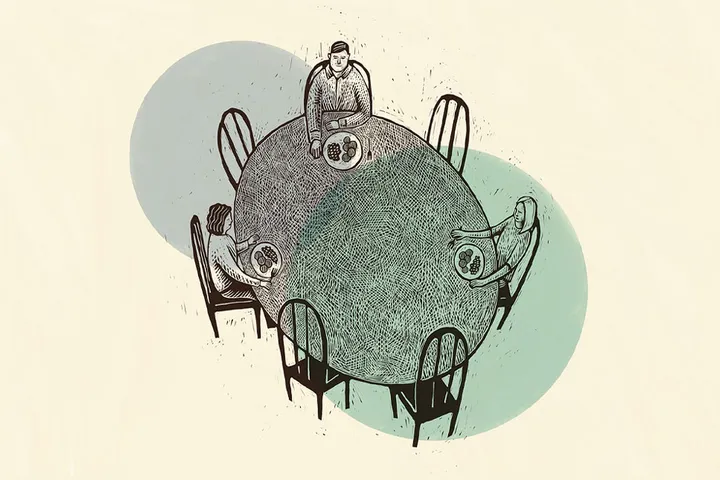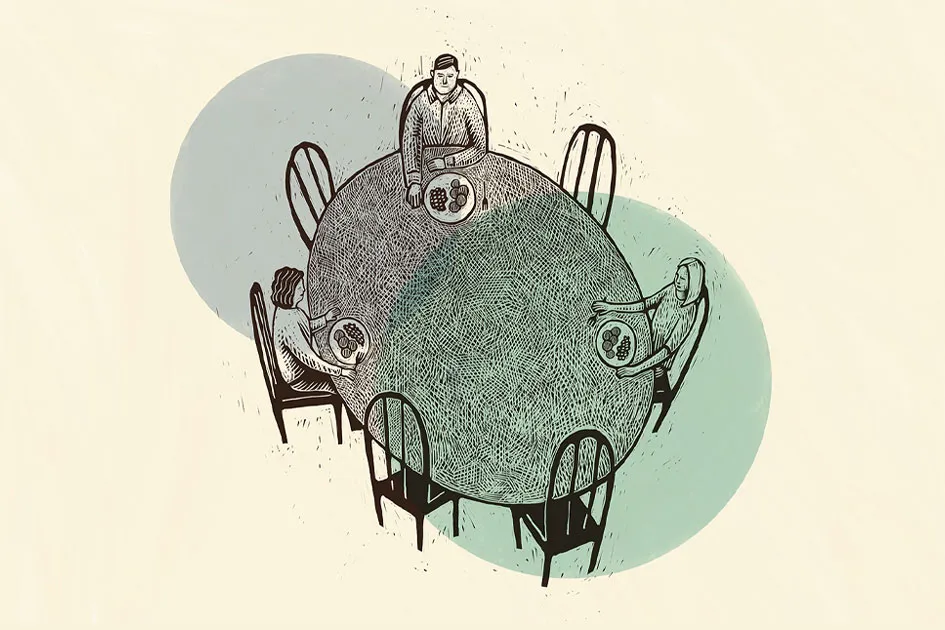When we hear the word “sacrifice,” we think of giving up something we want, which we give up the good of others. Parents forgo sleep to care for sick children. Someone sets aside a career for the spouse’s sake. Grandparents give up retirement plans to care for grandkids. Often, our sacrifices for others are small. They cost us relatively little. But even the big ones, like quitting a job to care for an elderly parent, don’t cost us our life. But that’s exactly what Paul’s first-century readers would have been thinking when he told them in Romans 12, “Present your bodies as a living and holy sacrifice, acceptable to God, which is your spiritual service of worship.” They knew the cost, since most had likely participated in a sacrificial system at some point. 
Paul’s Jewish readers would have brought sacrifices to the temple during festivals and observances, such as when Jesus’ parents sacrificed two doves following His birth. While early Christians stopped bringing sacrifices after Jesus’ resurrection, the Jewish sacrificial system was still in place until the destruction of the temple in 70 CE. Even Roman converts to Judaism would have been familiar with pagan worship that included animal sacrifices. In fact, eating meat sacrificed to idols was a point of controversy among the Christians at Corinth. (See 1 Cor. 8:1-13, 1 Cor. 10:1-33.)
The Jewish sacrificial system was highly ritualistic and infused with rigid rules. Specific animals were required for specific sacrifices—sometimes male, sometimes female, always without defect. Also, while anyone could bring a sacrifice to the temple, only the priest could present it on the altar.
The real significance of the sacrifice is that once it was made, it was rendered useless to the person who brought it, except for this one purpose: worship. When we offer ourselves to God, we give everything we have in order to worship Him.
In our modern reading of Romans 12:1, we often focus on Paul’s use of the word “living,” as though the apostle is making some special distinction here. But in Jewish law, all animals were brought to the temple alive. In that sense, every offering was a living sacrifice. Once the animal was handed over, the priest would slay it, often dismembering it and using its blood in various ceremonies. Sometimes, the priests were allowed to eat the meat of the animal. Other times, it was burned up entirely or discarded. The real significance of the sacrifice is that once it was made, it was rendered useless to the person who brought it, except for this one purpose: worship.
When we offer ourselves to God, we give everything we have in order to worship Him. By inviting us to “present [our] bodies as a living and holy sacrifice,” Paul knew it was a big ask. So did his readers. But he also knew that the offering would be received by a big God with big mercy. A God who is worthy of everything we have.





